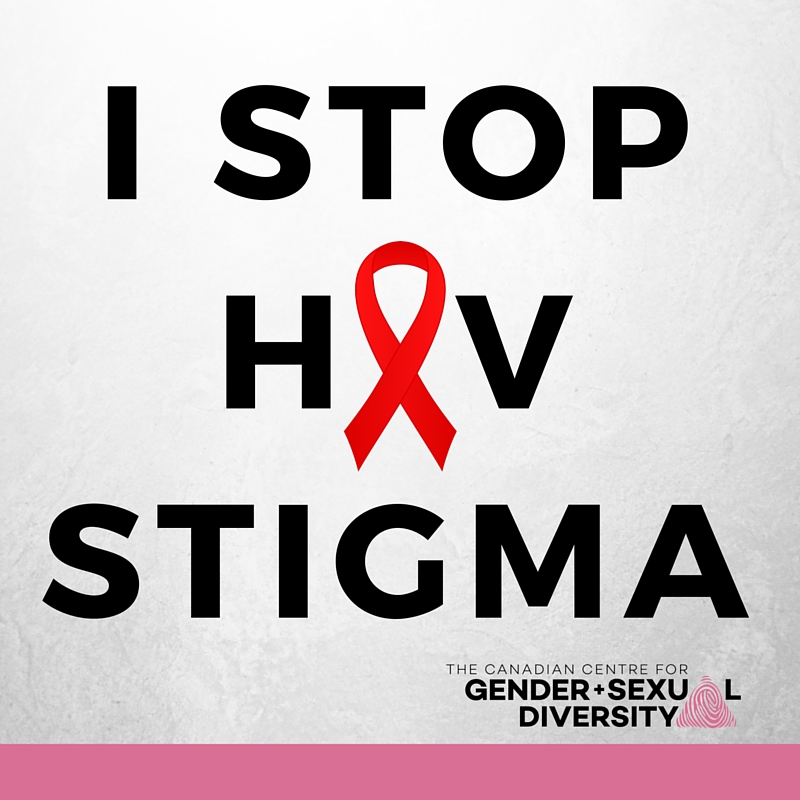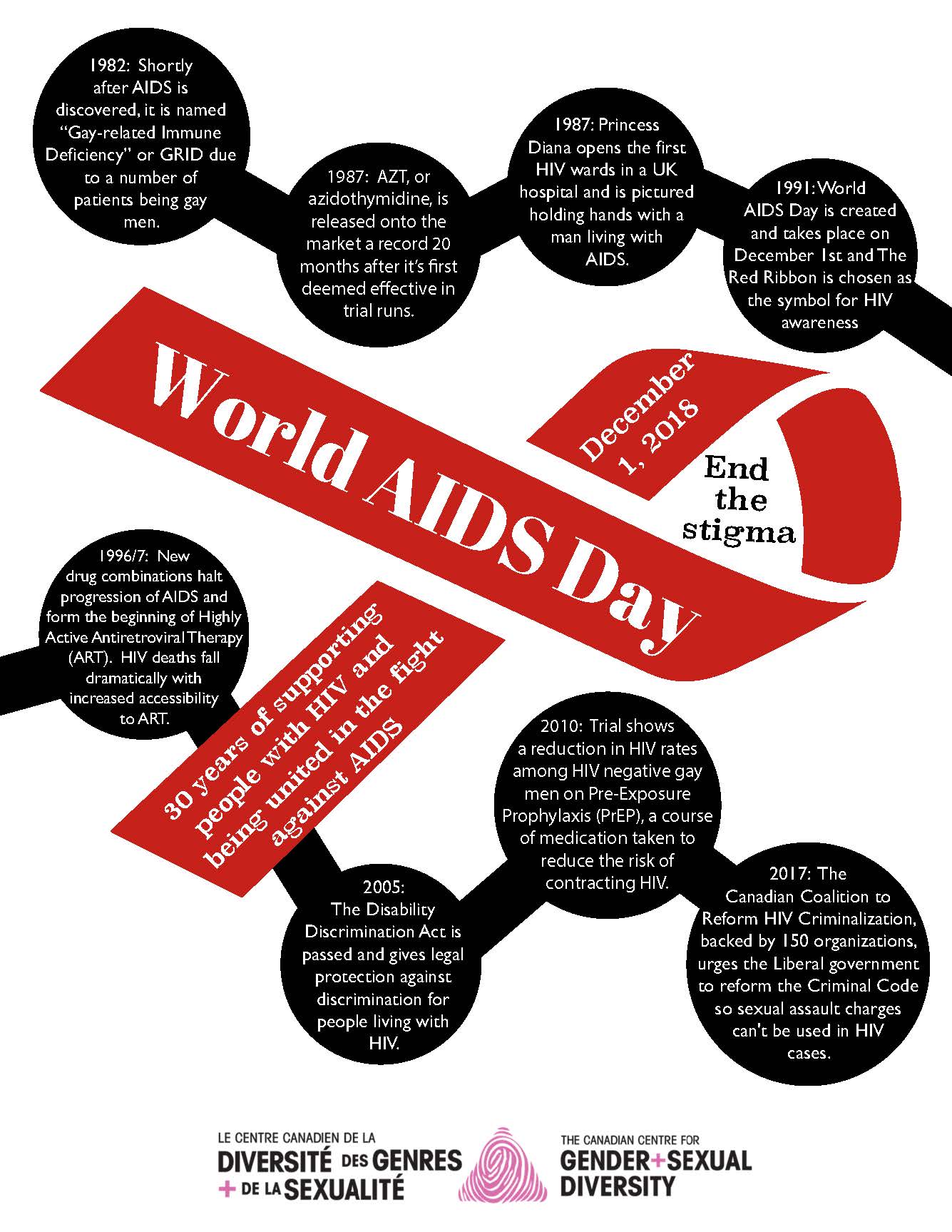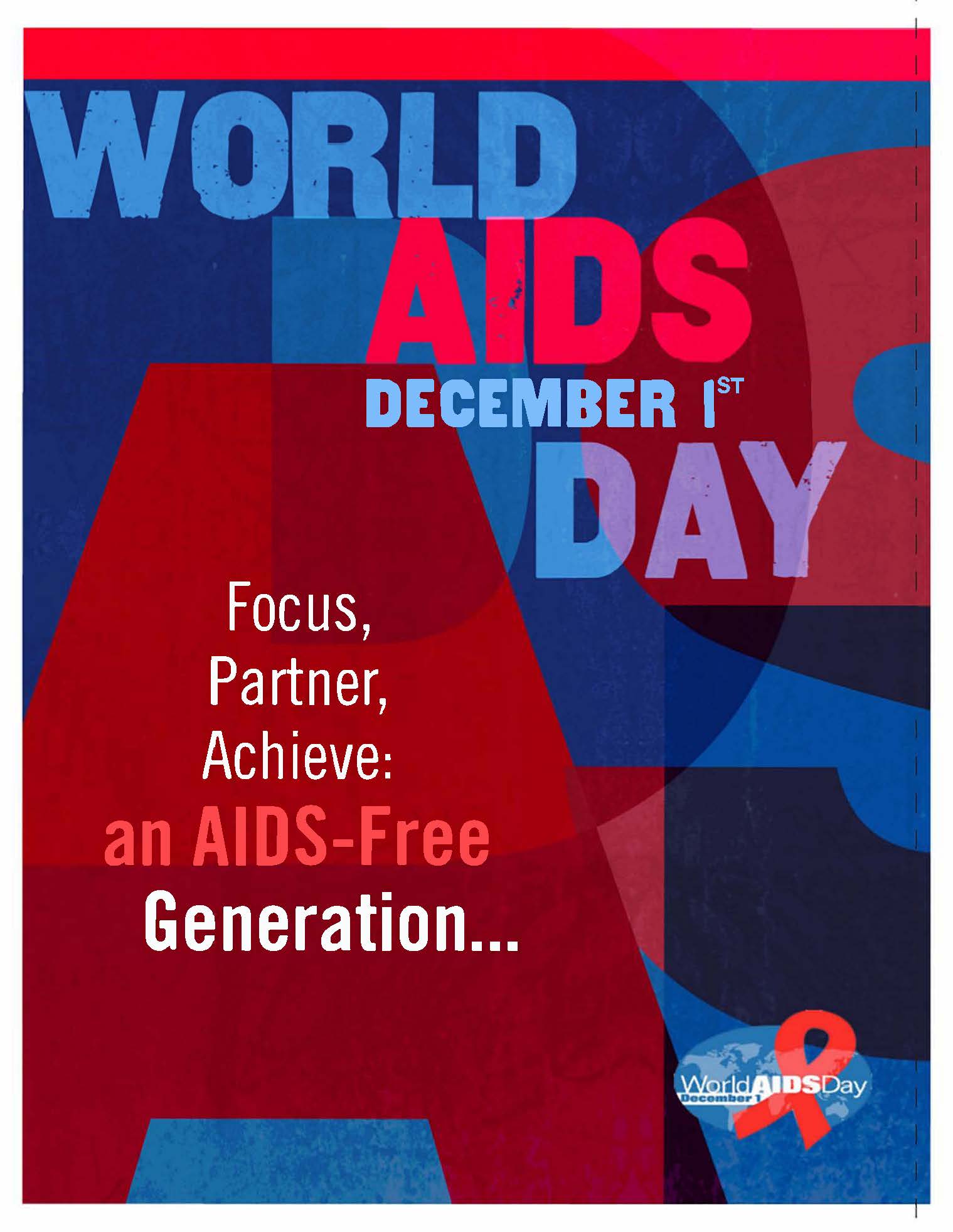stop HIV/AIDs Stigma
Three and a half decades from the mass spread of HIV/AIDS has offered international research, resources, media coverage, and implementation of new medical strategies. Despite this, there is no cure and no better widespread public understanding of the virus and those who live with it. Today, stemming from a devastating generation of infection and loss in the 1980s, individuals living with HIV and AIDS often face stigma and discrimination in many facets of their lives. This discrimination often permeates peoples’ employment, access to healthcare, family, and relationships. Unfortunately, many people face additional discrimination from prejudices existing against high risk populations for HIV/AIDS, such as men who have sex with men, sex workers, or people who have used injection drugs.
We at the CCGSD stand against HIV Criminalization and demand immediate federal action. Moreover we ask that all Ministers of Education take steps to add important information about HIV (and STBBIs) prevention to curriculums at all grades so that young people can be fully informed and make educated decisions.

The lack of understanding of how HIV/AIDS is transmitted and affects individuals creates an environment where those living with HIV/AIDS are unjustly targeted. This has caused many people to suffer consequences after disclosing their status, or prevented many people from disclosing their status for fear of the discrimination that would follow. The choice not to disclose status for any reason, whether privacy or fear of stigma, can lead to people into a situation of inadequate medical coverage, lack of time off for health, or not seeking appropriate medical treatment. These factors perpetuate the conditions that makes HIV/AIDS a virus that often goes untested, untreated, seldom prevented, and often misunderstood. The stigma of HIV/AIDS alone is a powerful obstacle to populations being properly treated and to eradicating the virus entirely.
World AIDS Day
Occurring annually on December 1, World AIDS Day is dedicated to raising awareness surrounding HIV and AIDS, and mourning those who have died from the disease.
Click on the resources to download them:
Frequently Asked Questions
How can HIV be transmitted?
HIV can be transmitted from an infected person through their blood, semen, rectal fluid, vaginal fluid, or breast milk entering the bloodstream of an uninfected person. This can happen through an open cut, the vaginal lining, the rectum, the opening of the penis, or any wet lining of the body. HIV cannot pass through healthy and unbroken skin. The most common ways HIV is transmitted is through sex or sharing needles, but it cannot be passed on through hugging, shaking hands, coughs and sneezes, swimming pools, food, or toilet seats. HIV can be transmitted to anybody, regardless of age, gender, ethnicity, or sexual orientation.
What is the treatment for HIV?
Currently, there is no cure for HIV. However, there are treatment options for those who are living with HIV which includes a drug regime that helps to keep the viral load low; in other words, how much HIV is in your blood.
My partner has HIV, what can I do to protect myself?
Using antiretroviral drugs before exposure can help reduce the risk of HIV-negative individuals from acquiring HIV. Pre-exposure prophylaxis (PrEP) is a pill used continuously before and after exposure to HIV to help prevent the virus from replicating. PrEP should be used in conjunction with condoms, consistent STI testing, and safe sexual practices. For more information on how to protect yourself, go to CATIE’s prevention strategies.
Also, inquire if U=U is applicable to your partner.
How am I legally protected from discrimination
The law prohibits discrimination against an individual because they have HIV. This includes employers, landlords, hospitals, businesses, banks, and the government. If you have experienced discrimination from someone or an institution, you can seek legal counsel in human rights law.
When am I legally obliged to disclose my HIV/AIDS status?
The law states that you have a duty to disclose your HIV status to a sexual partner if there is a “realistic possibility” to that person during sex. What “realistic possibility” means in various circumstances, however, is not always clearly defined by the court, and this can make it difficult to tell if you have a legal duty to disclose. These definitions change depending on what type of sexual intercourse you are having, how high or low your viral count is at testing, whether or not you are using condoms, and a variety of other factors.
To protect yourself legally, it’s important to gain an understanding of how these circumstances apply to you. You can find an overview of information through CATIE’s website, and you can always seek legal counsel from a lawyer. Exposing a person to HIV without telling that person beforehand is considered a crime and you can be charged for failing to disclose your status, even in situations where you may not have thought you had a legal duty to disclose.


